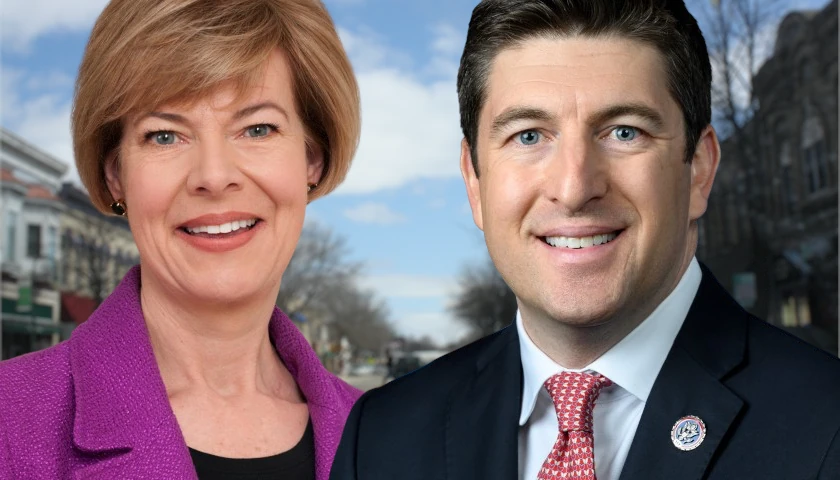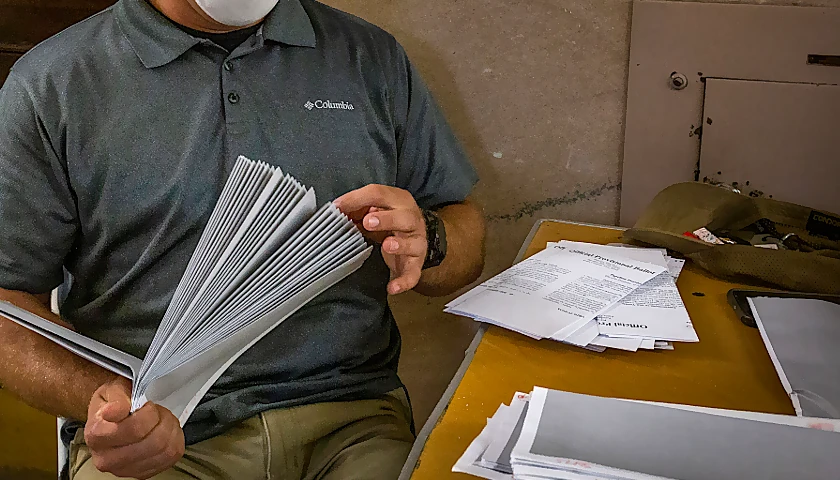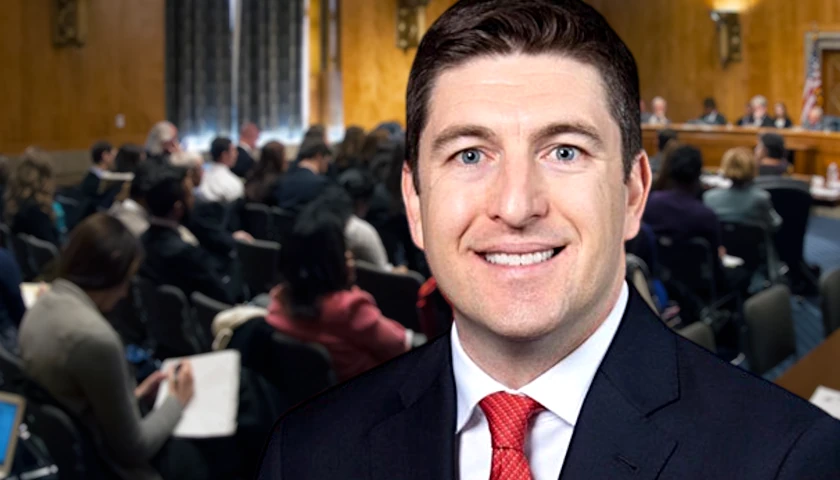by Benjamin Yount
A new report says Whitewater’s immigration problems did not end when the city’s police chief sent a letter to the White House late last year.
The Institute for Reforming Government on Monday released a report that uses 4,000 open records requests to paint a picture of the continued problems that a flood of illegal immigrants has caused in Whitewater.
“The city has struggled to deal with the increasing strain on law enforcement resources, housing overcapacity, and the challenges associated with educating children with no formal background in schooling and often lacking basic English skills,” the report states in its opening.
IRG combed through emails, letters, body camera footage and internal city of Whitewater reports to get a sense of just how an influx of about 1,000 people from Nicaragua has impacted what was a sleepy college town of about 15,000.
“Unlike ‘sanctuary cities,’ it does not appear the city of Whitewater sought the immigrants,” the report adds. “Instead, the city’s ‘theory’ explaining the sudden influx revolves around a complex web of ample student housing following COVID, a need for farm and manufacturing labor, and the congregation of sponsor families in and around the city that were then identified by migrants at the border.”
IRG Director of Oversight Jacob Curtis says Whitewater is just one example of what President Biden’s immigration policies are doing to towns and cities across the country.
“Because of a completely broken federal immigration system, local units of government like the city of Whitewater are now being forced to manage a crisis that impacts almost every facet of government operations,” Curtis said.
The report details at least one known MS13 gang member who was living in Whitewater.
The city’s police chief wrote to Immigration and Customs Enforcement, seeking guidance for what to do with the gang member, as well as others who have court dates in Chicago and less-than-clear immigration status.
The IRG report also notes that immediately after the letter from Sen. police chief Congressman Bryan Steil, R-Wisconsin, and Democratic U.S. Sen. Tammy Baldwin followed up with the White House. There were also meetings with Gov. Tony Evers’ office, but Whitewater pushed to keep those meetings quiet to “avoid the press.”
IRG’s report says Whitewater continues to deal with many of the problems laid out in the police chief’s letter in December. And, the report says, there doesn’t appear to be an end in sight.
“Overall, many of the communications, particularly those from the police chief, make clear the city has attempted to balance maintaining an objective posture on a highly charged public policy debate while recognizing the clear impact the influx of immigrants is having on the city’s ability to protect its residents, ensure a quality public education for the city’s school children, and maintain fiscal solvency,” the report’s conclusion states. “Unless and until the federal government repairs the nation’s utterly broken immigration infrastructure, local units of government like those in Whitewater, Wisconsin will be left to respond to the federal government’s continued failures.”
– – –
Benjamin Yount is a correspondent for The Center Square.
Photo “Tammy Baldwin” by United States Senate. Photo “Bryan Steil” by US House of Representatives. Background Photo “Whitewater, Wisconsin” by Own Work.






hope they remember in November. a vote for joe is a vote for illegals.